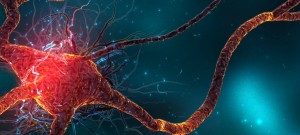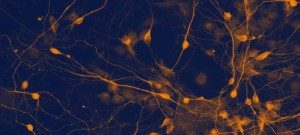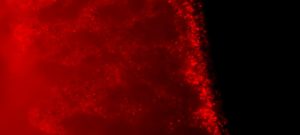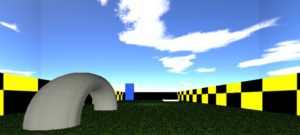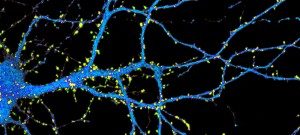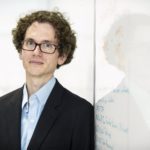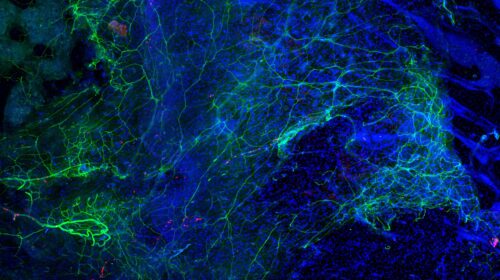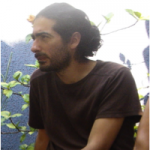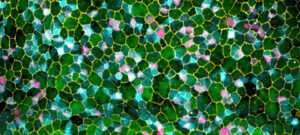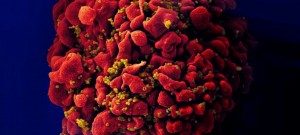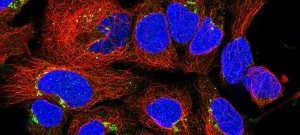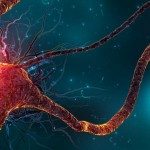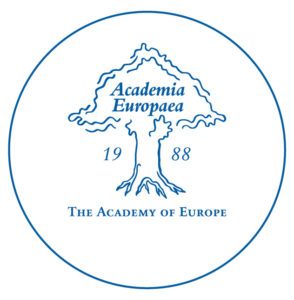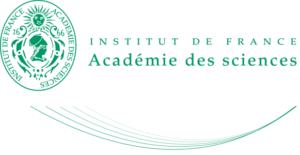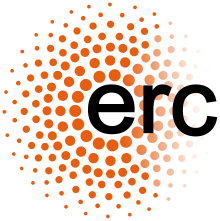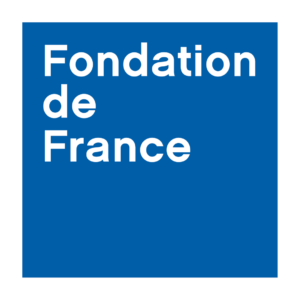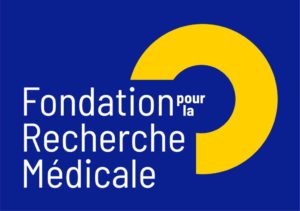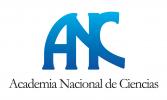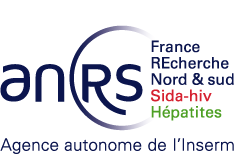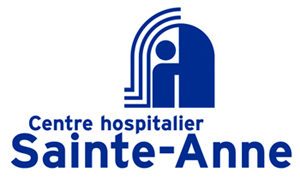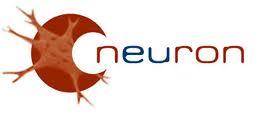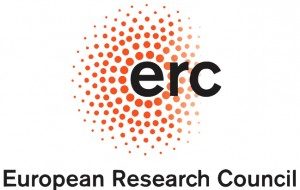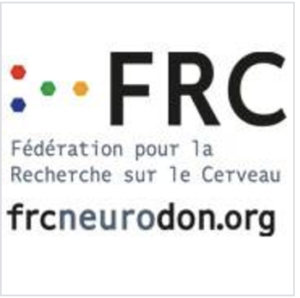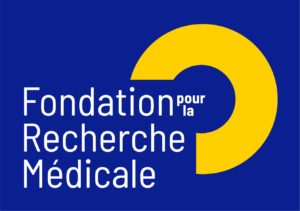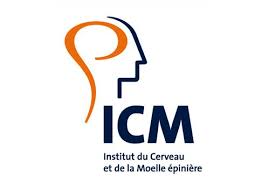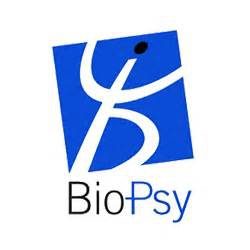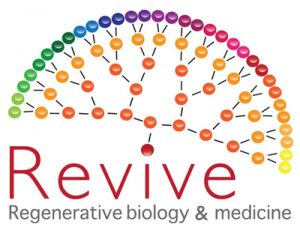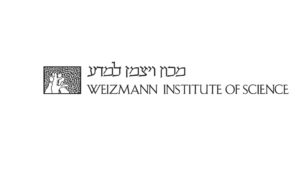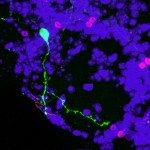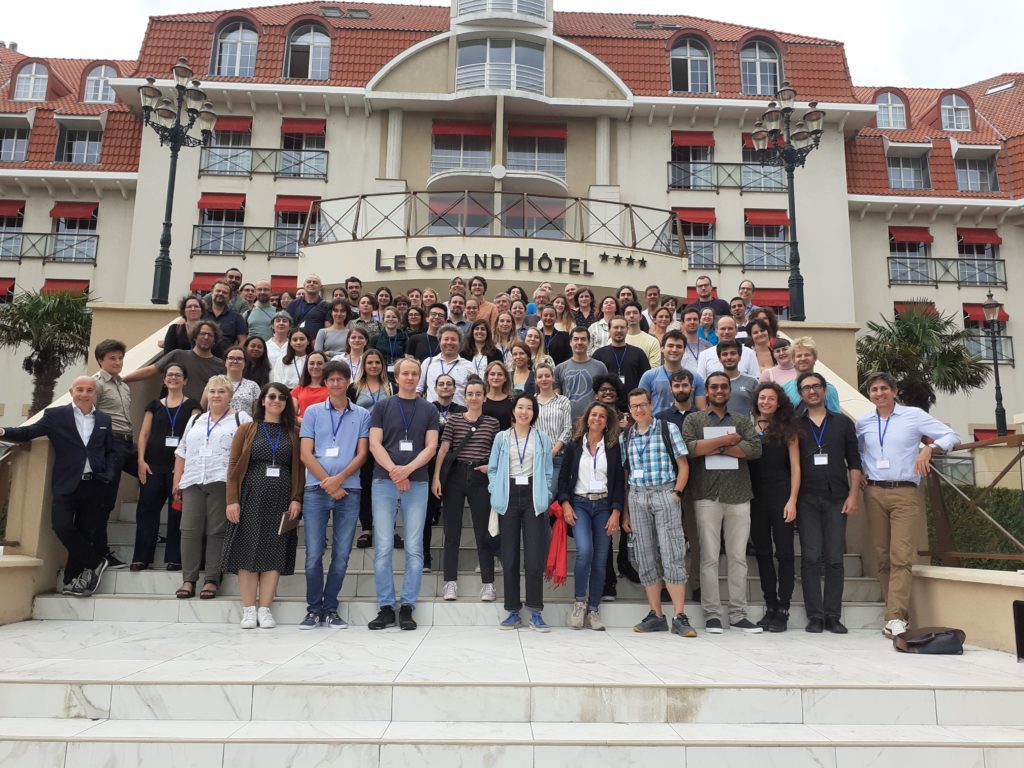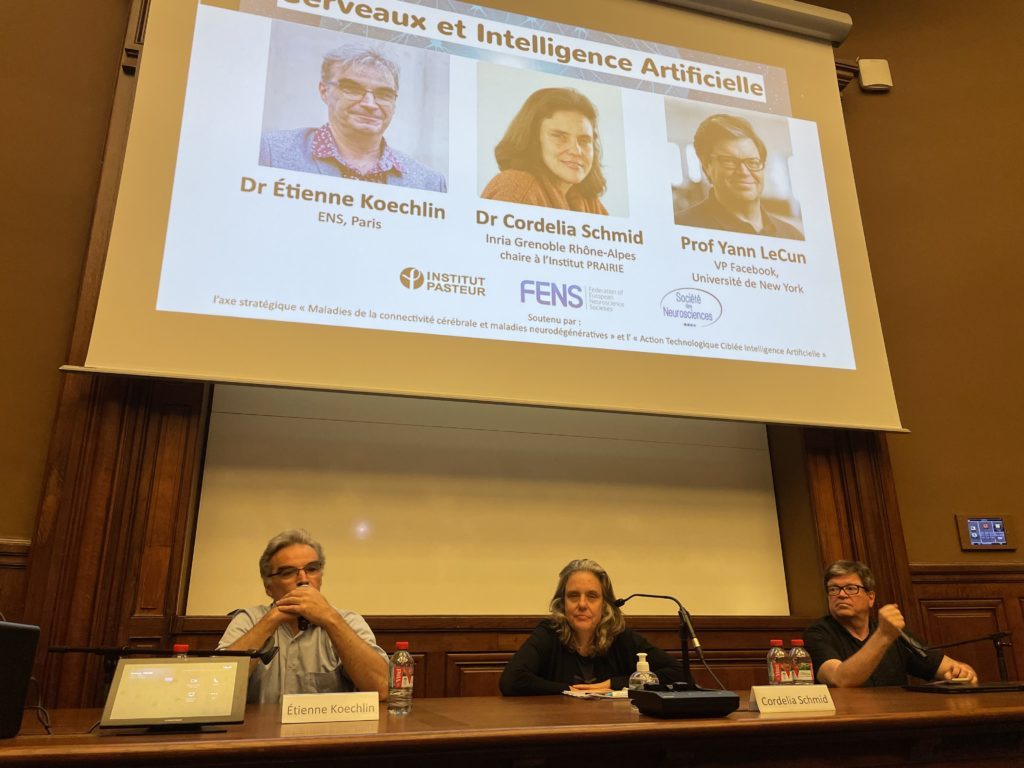The Neuroscience Department has a very strong basic science research component, with a diverse portfolio of research programs and approaches. This is an ideal basis for the 21st-century challenge of understanding normal and diseased brain function. Additionally, several laboratories have strong links to clinical programs and host clinician-scientists. The Department offers a collaborative environment in which multidisciplinary and multiscale approaches provide fertile ground for identifying new mechanisms of neurological disorders. Our expertise ranges from molecular (atomic), genetic, cellular, and circuit levels to whole organism behavioral, and also clinical levels. To achieve this multiscale approach, members of the Department have backgrounds from many disciplines: biology (genetics, molecular and cellular), physics, statistics, computer science, and medicine.
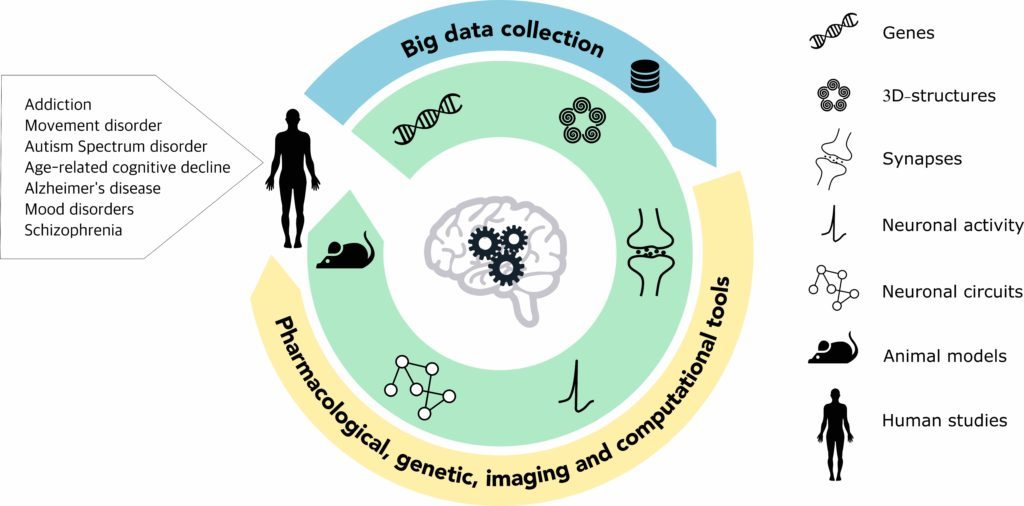
Our research programs broadly address the neural basis of sensory perception, motivation and reward, decision-making, learning, and memory. The principal clinical applications encompass neurological, psychiatric, and neurodegenerative disorders: with projects specifically addressing autism spectrum disorders, learning disabilities, schizophrenia, mood disorders, Alzheimer’s disease, age-related cognitive decline, addiction. We believe that such an integrated basic research approach along with strong clinical collaborations, including embedded clinicians, provides an essential environment for tackling diseases of the most complex organ of the human body, the brain.
Our mission and aim
- To understand the molecular, cellular, and network mechanisms that shape dynamic connectivity within the brain and result in learning, memory, sensory perception, social communication, and cognition.
- To understand how genetic, epigenetic, and environmental factors individually and collectively shape dynamic brain connectivity and result in neurological and psychiatric disorders.
- To understand the interactions between the brain and other organs and systems within the body, like the microbiome and the immune system.
- To develop pharmacological and genetic tools for preventing/alleviating/curing peripheral and central neuronal circuit deficits.
- To leverage computational approaches for analyzing and modeling brain connectivity.
Main areas of expertise of the department
Our Department develops approaches to analyze how electrical, biochemical, and mechanical signals are produced and stored in neurons and neural networks to create and represent information. We are also committed to understanding, using a dual experimental and theoretical approach, how the activity of brain circuits generates behavioral responses. To this end, it is working on molecular, cellular, and behavioral strategies to understand the fundamental principles of brain function and its alteration in brain diseases.
Open to the general public
Round tables are organized and moderated by the Neuroscience Department. The very essence of these round tables is that they are open to the general public, making the most recent scientific results in neuroscience accessible to them. Their aim is to present these results, their interpretations, their limits, and the exploration of new therapeutic solutions with regard to the numerous pathologies of the nervous system. These round tables are intended to be interdisciplinary, not only in the biomedical fields but also beyond by inviting speakers from all sectors of our society. We invite the general public to come and dialogue with scientists, teachers, sociologists, philosophers, politicians, etc., on the new societal challenges posed by the new means of observing and acting on the human brain. These discussions are intended to be open and without dogma because “knowledge must bring people together without ever becoming totalitarian” (Paul Ricoeur).
The Department is an active member of the Grande cause nationale 2025 : Mental Health.
Congratulations to the Neuroimmunology experts for the ERA-NET NEURON project :https://www.neuron-eranet.eu/projects/BODYMOOD/



